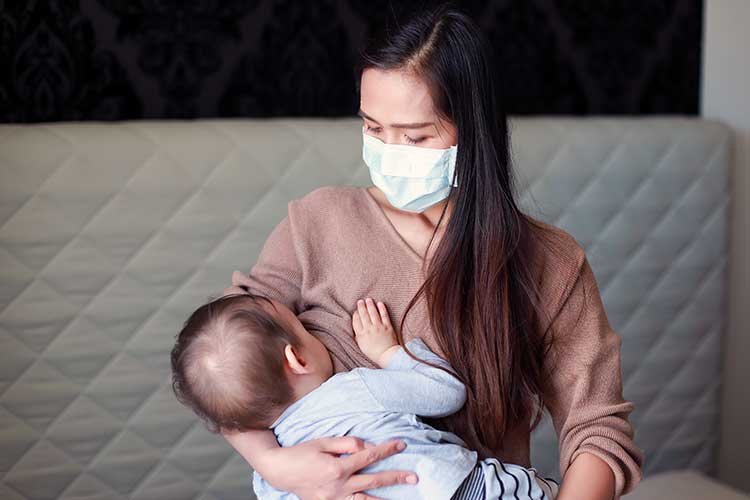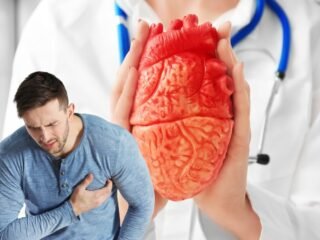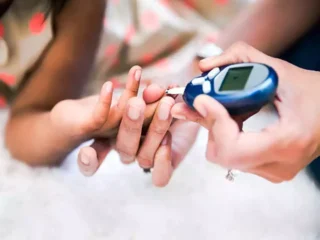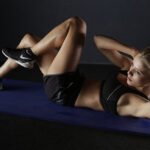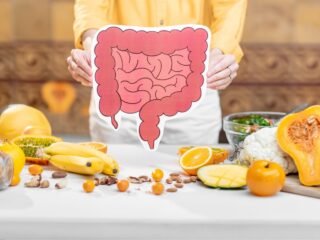 Dr. Pradeepa, Consultant – Obstetrics & Gynaecology, Manipal Hospital Jayanagar
Dr. Pradeepa, Consultant – Obstetrics & Gynaecology, Manipal Hospital Jayanagar
Breast milk is the only form of nutrition to all new born babies from ancient days.
Today in modern era people follow different alternatives for that. Now in this pandemic mothers become anxious and they are more concerned about their new born babies and they develop lot of doubts regarding feeding. Breastfeeding unquestionably reduces mortality in newborns and infants and provides numerous lifelong health and brain development advantages to the child.
Women with confirmed or suspected COVID-19 can breastfeed with the following precautions. They should:
- Wash hands frequently with soap and water or use alcohol-based hand rub and especially before touching the baby;
- Wear a medical mask during any contact with the baby, including while feeding;
- Sneeze or cough into a tissue. Then dispose of it immediately and wash hands again;
- Routinely clean and disinfect surfaces that mothers have touched.
Mothers with symptoms of COVID-19 are advised to wear a medical mask, but even if this is not possible, breastfeeding should be continued. Mothers should follow other infection prevention measures, such as washing hands, cleaning surfaces, sneezing or coughing into a tissue. Mothers should be advised to avoid sneezing or coughing over the babies face.
If mothers are too unwell to breastfeed the baby due to COVID-19 or other complications, they can take help from relatives or friends to provide expressed milk with all precautions. Mothers can express the breast milk either manually or using breast pump and can be fed to babies by the supporting people. Breast pump should be sterilised properly before use according to the guidelines. Before expressing, mothers should wash their hands with soap or sanitiser
Another option is donor human milk.There are milk banks available in some hospitals where mothers donate their breast milk if excessive and stored in appropriate temperature conditions.If expressed breast milk or donor human milk are not feasible they can consider wet nursing (another woman breastfeeds the child) or infant formula milk. Infant formula milk should be prepared with correct dilution of water in clean containers and should be given at adequate intervals.
It is important to replace medical masks as soon as they become damp and dispose of them immediately. Masks should not be reused or touched in the front.Transmission of active COVID-19 through breast milk and breastfeeding has not been detected to date. There is no reason to avoid or stop breastfeeding
Mothers can start to breastfeed when they feel well enough to do so. There is no fixed time interval to wait after confirmed or suspected COVID-19. There is no evidence that breastfeeding changes the clinical course of COVID-19 in a mother. Health workers or breastfeeding counsellors should support the mothers torelactate.
There is also some evidence that, after vaccination, antibodies are found in breastmilk, which may help protect the baby against COVID-19.The benefits of breastfeeding substantially outweigh the potential risks of transmission and illness associated with COVID-19.Hence it is advised that women with covid can breast feed the babies with all safety measures.

